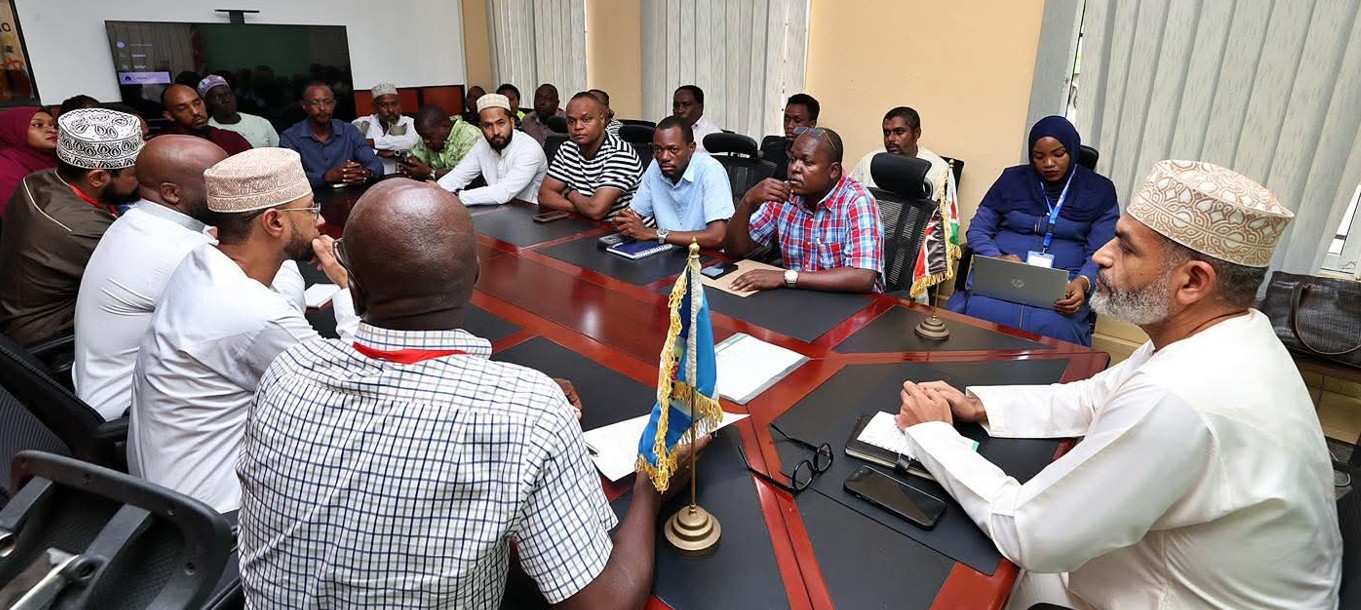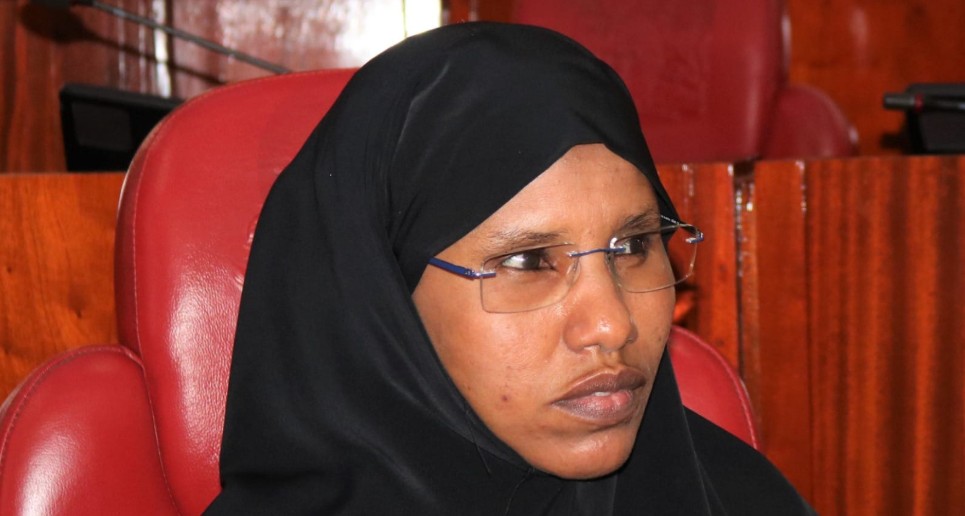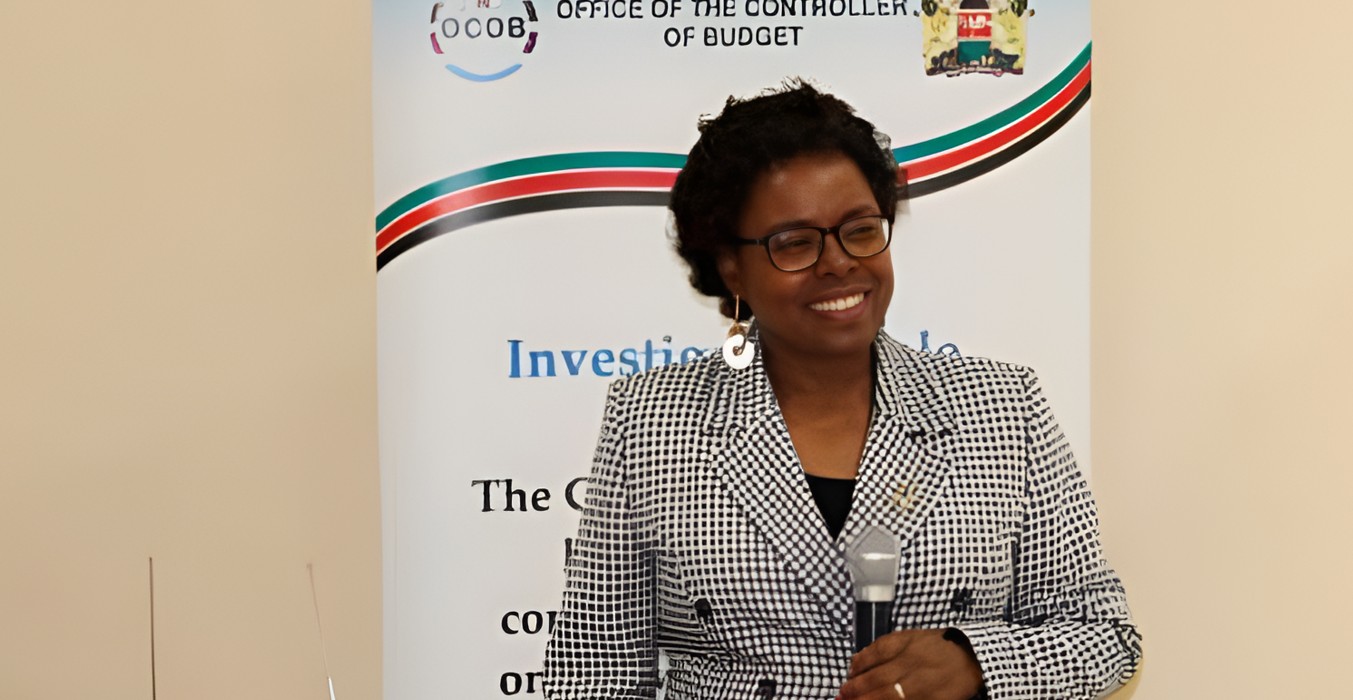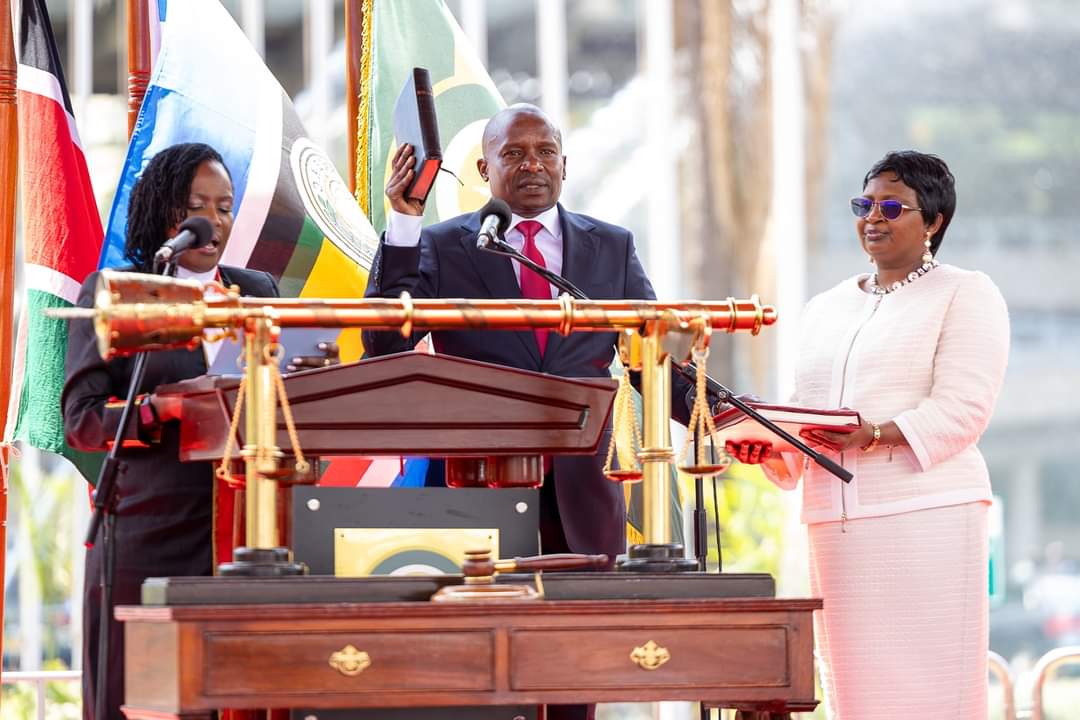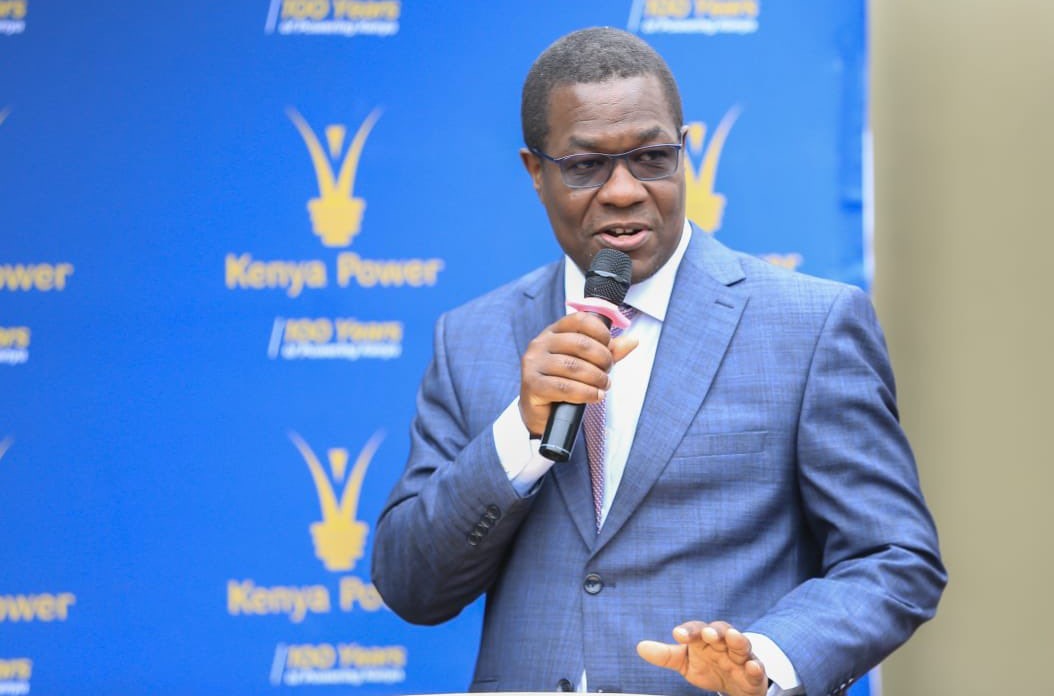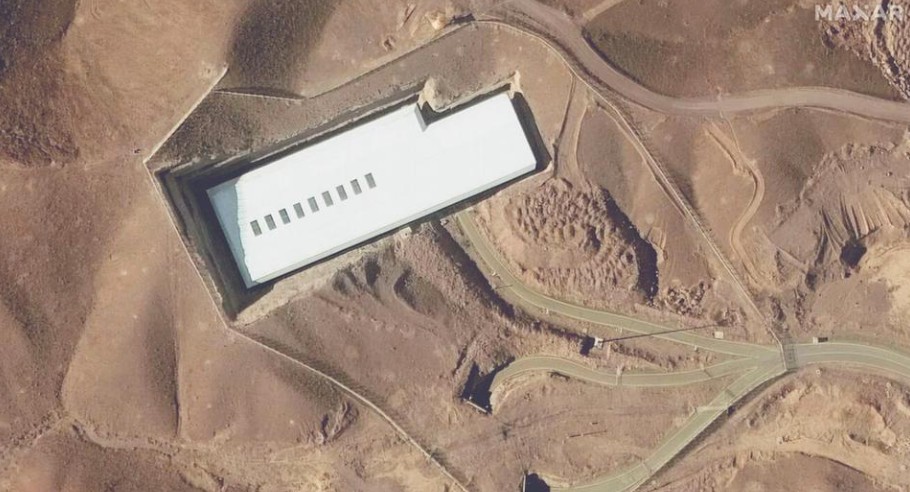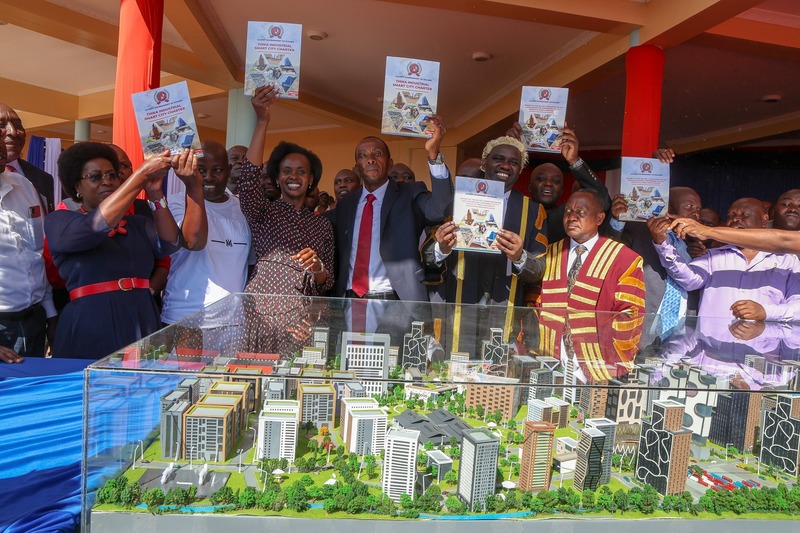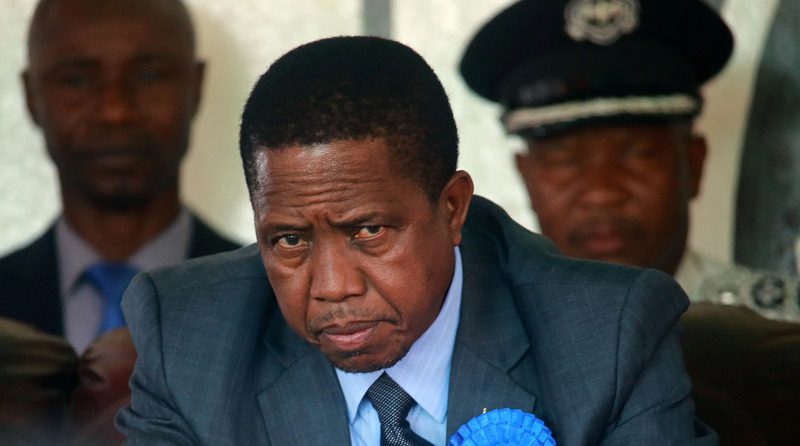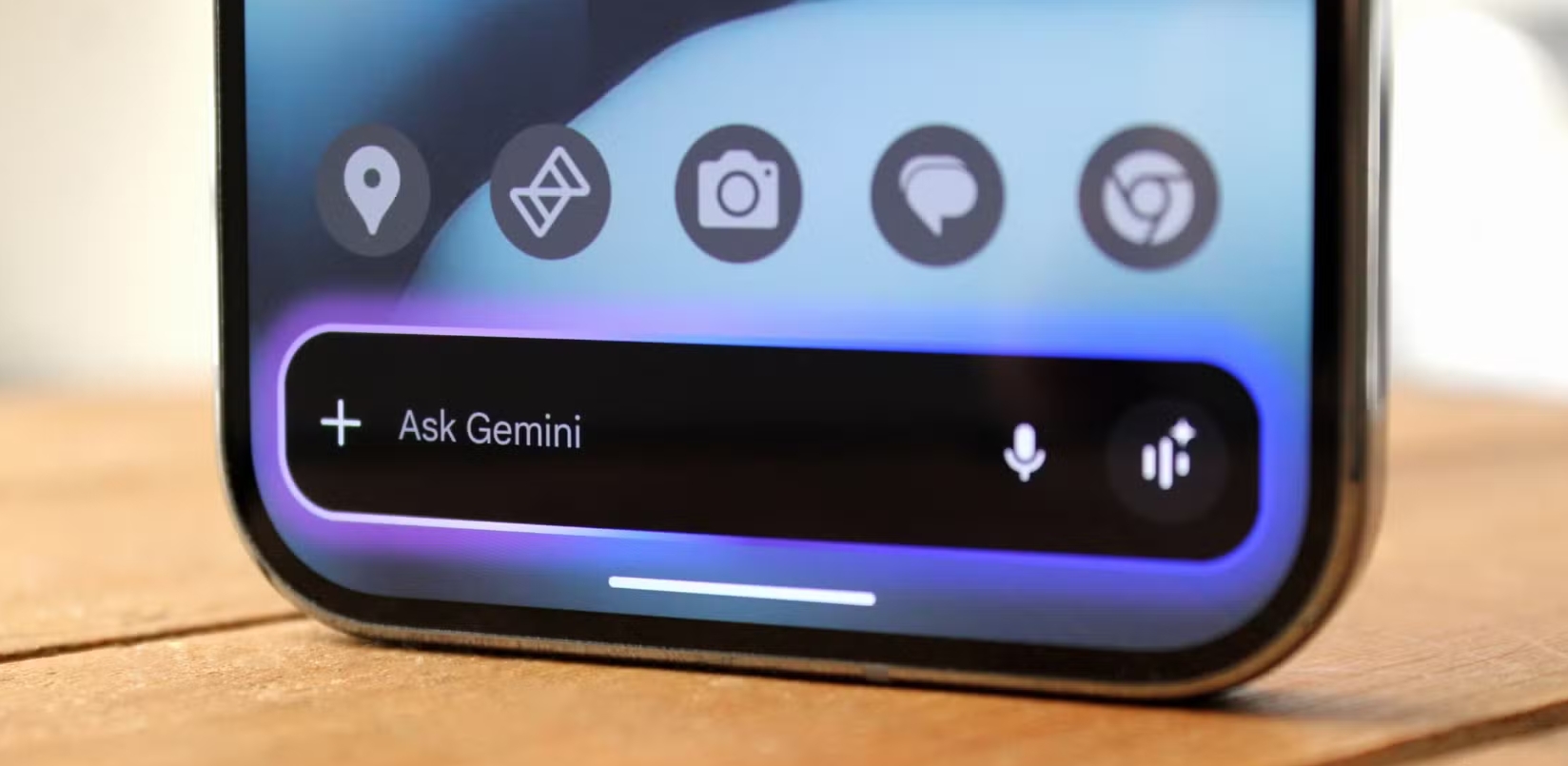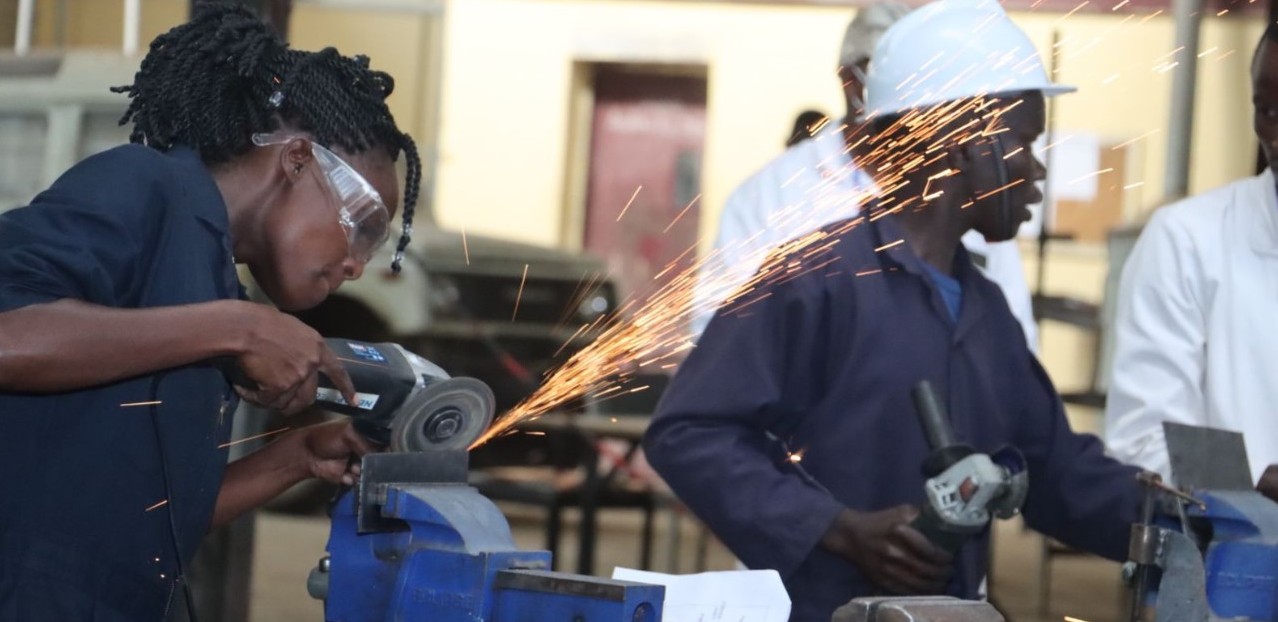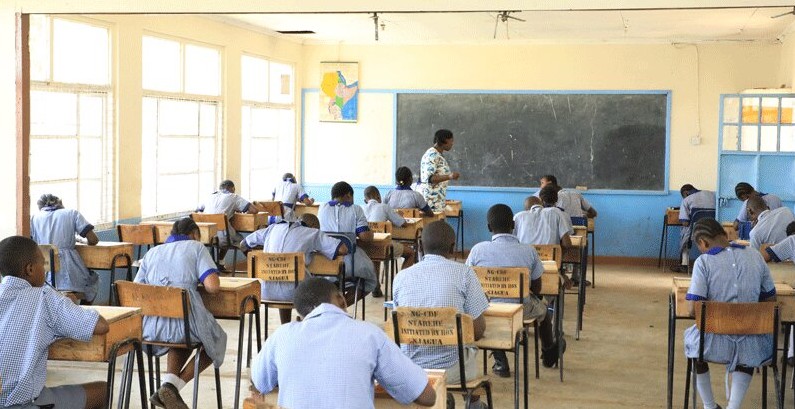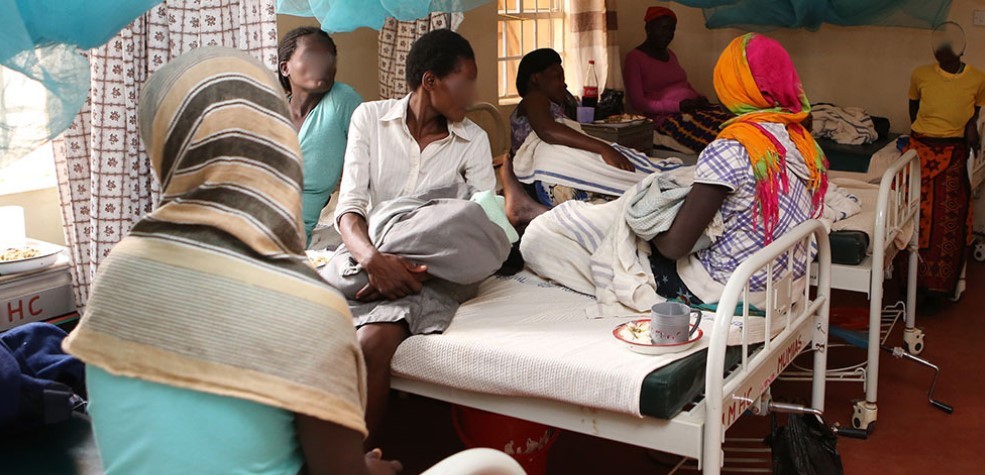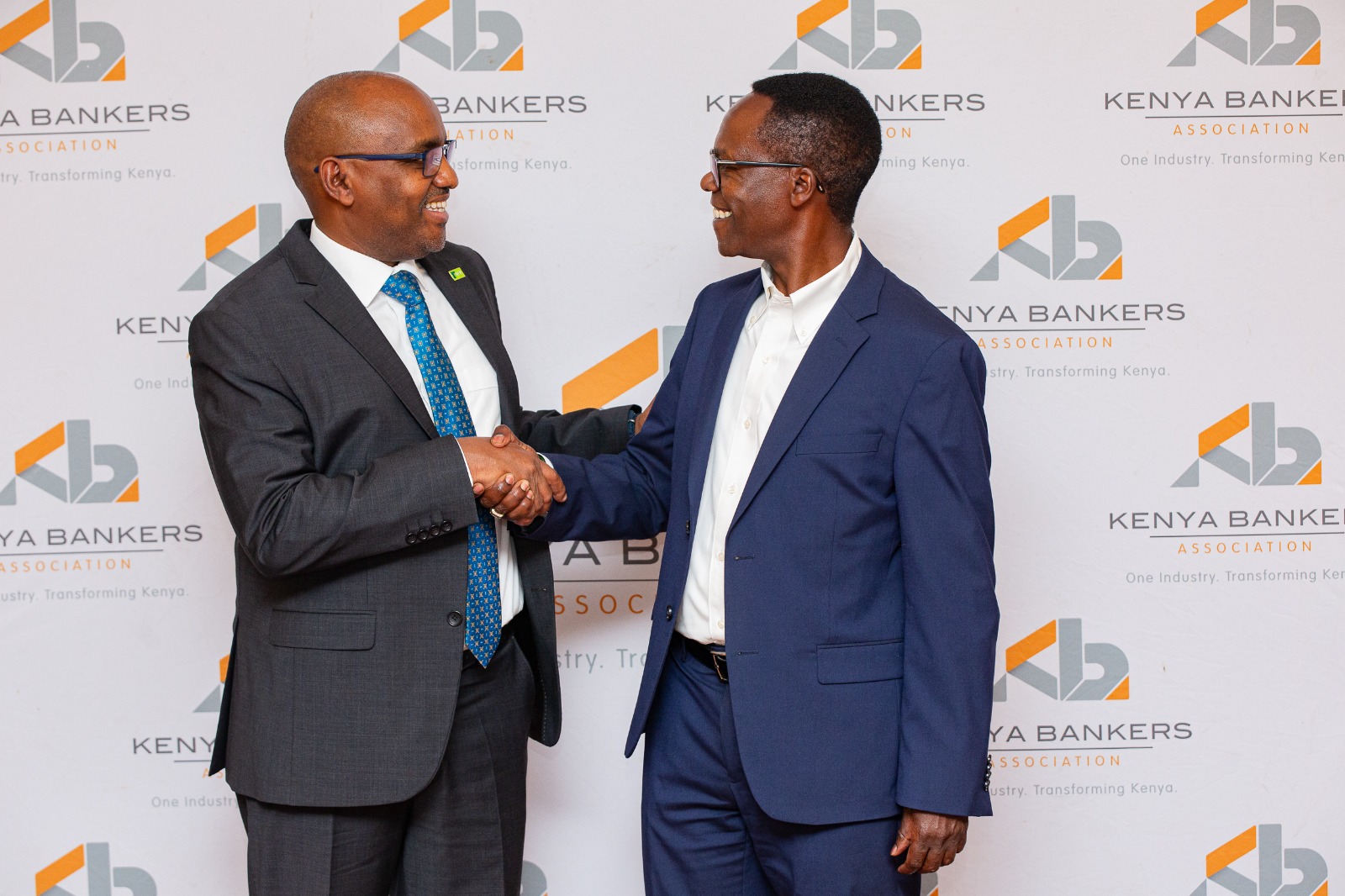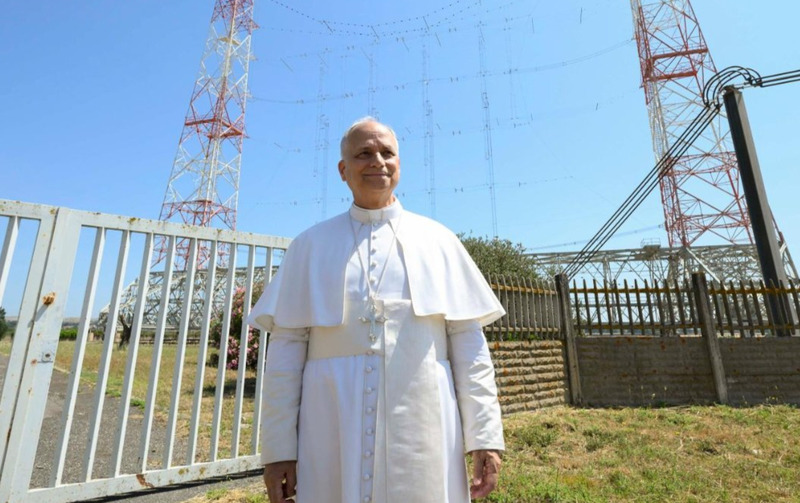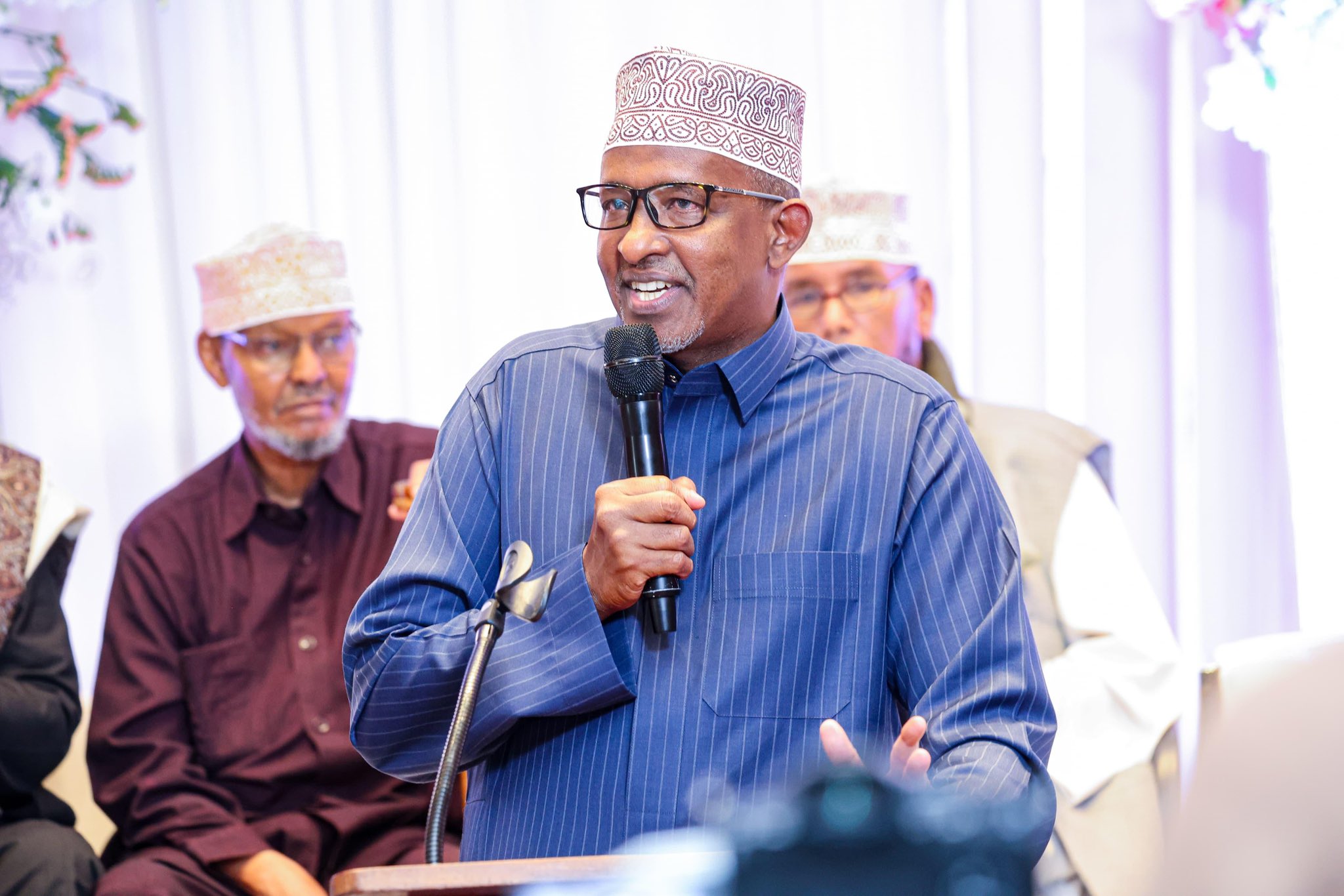Kenya stops screening of BBC documentary exposing protesters' killings

BBC’s investigation also involved the review of over 5,000 images, which showed that many of those killed were unarmed and posed no threat when they were shot.
Kenyan officials have stopped the screening of a BBC Africa Eye documentary titled Blood Parliament in Kenya, which investigates the killing of anti-tax protestors by police outside Parliament during last year's demonstrations.
The event was planned to take place at a cinema in a Nairobi restaurant on Monday.
More To Read
- Kenya’s police brutality victims trapped in endless cycle of political promises and no justice
- DPP granted more time to decide on charges for four filmmakers linked to BBC's 'Blood Parliament' documentary
- DCI summons Mukuru activists over suspected links to BBC documentary "Blood Parliament"
- Four filmmakers linked to BBC's Blood Parliament documentary released on Sh10,000 bail
- LSK, Amnesty urge DCI to release equipment seized from ‘Blood Parliament’ filmmakers
- From studio to cell: Filmmakers arrested over BBC exposé narrate ordeal in hands of police officers
The move to halt the screening has come as pressure grows on the government to hold security officers accountable for unlawful killings and injuries of peaceful protestors. BBC said authorities intervened to block the event at the last minute.
"A screening of BBC Africa Eye's 'Blood Parliament in Kenya' was cancelled due to pressure from the authorities. We are very disappointed not to have been able to share the documentary and panel discussion as planned. In the meantime, audiences can watch the film on BBC Africa's YouTube channel," a BBC spokesperson told the Daily Nation.
The documentary closely examines several incidents, with a major focus on the killing of Eric Shieni, a finance student at the University of Nairobi. Shieni was shot from behind as he exited the Parliament grounds during the June 25, 2024 protests. BBC reported that he was unarmed at the time.
BBC Africa Eye said it reviewed over 150 images captured before and after Shieni was shot and was able to identify the officer responsible. Although the officer's name has not been officially disclosed, images of him have been shared widely on social media. According to the BBC report, the officer was part of Kenya's armed forces.
However, the Kenya Defence Forces (KDF) have dismissed the claims made in the documentary.
According tot Nation, KDF Spokesperson Paul Njuguna said that investigations into the conduct of security forces during the protests were being handled by the Independent Policing Oversight Authority (IPOA).
He stated that no formal communication had been made by IPOA regarding any alleged misconduct involving KDF personnel who supported the National Police Service during the protests.
"IPOA has so far not forwarded any enquiries, information or request to investigate any KDF personnel that were involved in the operations in support of NPS during the period, nor have they published the report," Njuguna said.
Lawyers are now calling for a full investigation into the BBC findings. Law Society of Kenya (LSK) member Hosea Manwa, who has been following cases related to protestor disappearances, said the exposé must not be ignored.
"It is time the details in the exposé are investigated, in addition if at all anyone is found guilty then action should be taken against them," he said as reported by Nation.
Official figures from the government indicate that during the nationwide protests, 42 people lost their lives, 132 were reported missing, and 1,208 were arrested. These numbers were provided by Prof Kithure Kindiki, who served as Interior Cabinet Secretary at the time and is now the Deputy President.
The deployment of KDF during the protests was an unusual move. Defence Minister Aden Duale, who held office at the time, ordered the support under Gazette Notice 7868 of 2024. The action was justified as a response to a security emergency and was carried out under Article 241 (3) (b) of the Kenyan Constitution.
The BBC’s investigation also involved the review of over 5,000 images, which showed that many of those killed were unarmed and posed no threat when they were shot.
Top Stories Today
